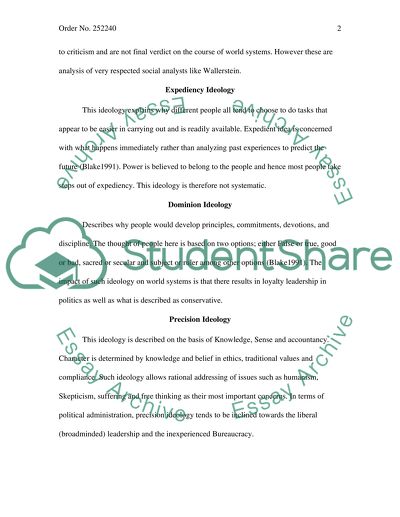Cite this document
(“Impact of Major Ideologies on World Systems Essay”, n.d.)
Retrieved from https://studentshare.org/miscellaneous/1502654-impact-of-major-ideologies-on-world-systems
Retrieved from https://studentshare.org/miscellaneous/1502654-impact-of-major-ideologies-on-world-systems
(Impact of Major Ideologies on World Systems Essay)
https://studentshare.org/miscellaneous/1502654-impact-of-major-ideologies-on-world-systems.
https://studentshare.org/miscellaneous/1502654-impact-of-major-ideologies-on-world-systems.
“Impact of Major Ideologies on World Systems Essay”, n.d. https://studentshare.org/miscellaneous/1502654-impact-of-major-ideologies-on-world-systems.


